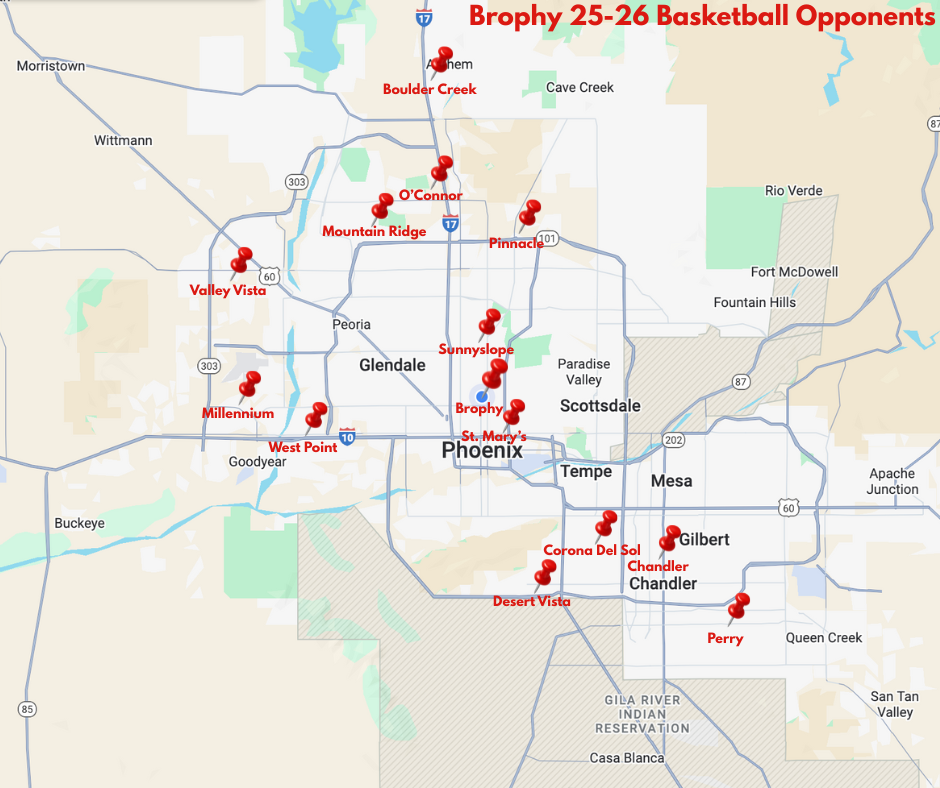Sheikh Mansour bought English Premier League team Manchester City in 2008. At the time, they were a middle of the pack team at the time of the purchase. Now, just last year, Manchester City won the treble (regarded as one of the greatest accomplishments in club soccer), winning the Premier League, the FA Cup, and the Champions League. His success in building the club up to its position now is largely considered unfair. Why? Because being the Vice President of the United Arab Emirates with a family fortune of around $1 trillion allows you to outspend every other club in the world.
2 years later, Qatari investors from the company QSI bought the French Ligue 1 team Paris Saint-Germain F.C. (PSG) for $131 million. Now, the company has a valuation of $4.21 billion and have had players such as Neymar Jr. or Leonel Messi on their roster.
Now, not only are middle eastern investors buying sports clubs but they’re also buying players too.
Cristiano Ronaldo signed with Saudi Arabian soccer league team Al Nassr for $207 million a year. Neymar Jr. signed Al-Hilal for two years, getting $150 million a year. Karim Benzema signed with Al Ittihad for $108 million a year. These are all contracts that most American teams can’t afford to spend on one player.
To go along with this, many soccer clubs such as PSG or Arsenal F.C. are sponsored by Middle Eastern based companies such as Emirates or Qatar Airways.
All of these facts undermine the fact that Qatar, one of the smallest countries in the world, hosted the 2022 World Cup. Now, it’s no secret that Qatar bribed many FIFA Officials to vote for them in the selection for the 2022 World Cup location, but it was still the first time a World Cup was hosted in a Middle Eastern country, certainly showing that the Middle East has stepped up its game in hosting various sporting events.
The Middle East seems to keep using its money to expand their influence on sports. Saudi Arabia alone plans to host at least 25 world champion events in different sports by 2030, certainly a lofty goal. Not only that, but they also plan to bid on hosting the 2030 or 2034 World Cup.
All of these changes in the sports world have to start to have people wondering, “When’s the limit?” It seems the only thing that European Football Leagues have over the Saudi League is competition. Some players aren’t willing to give up competition for money. But if those European Leagues lose competition, then what incentivises players to stay there? It certainly seems like a slippery slope.




















